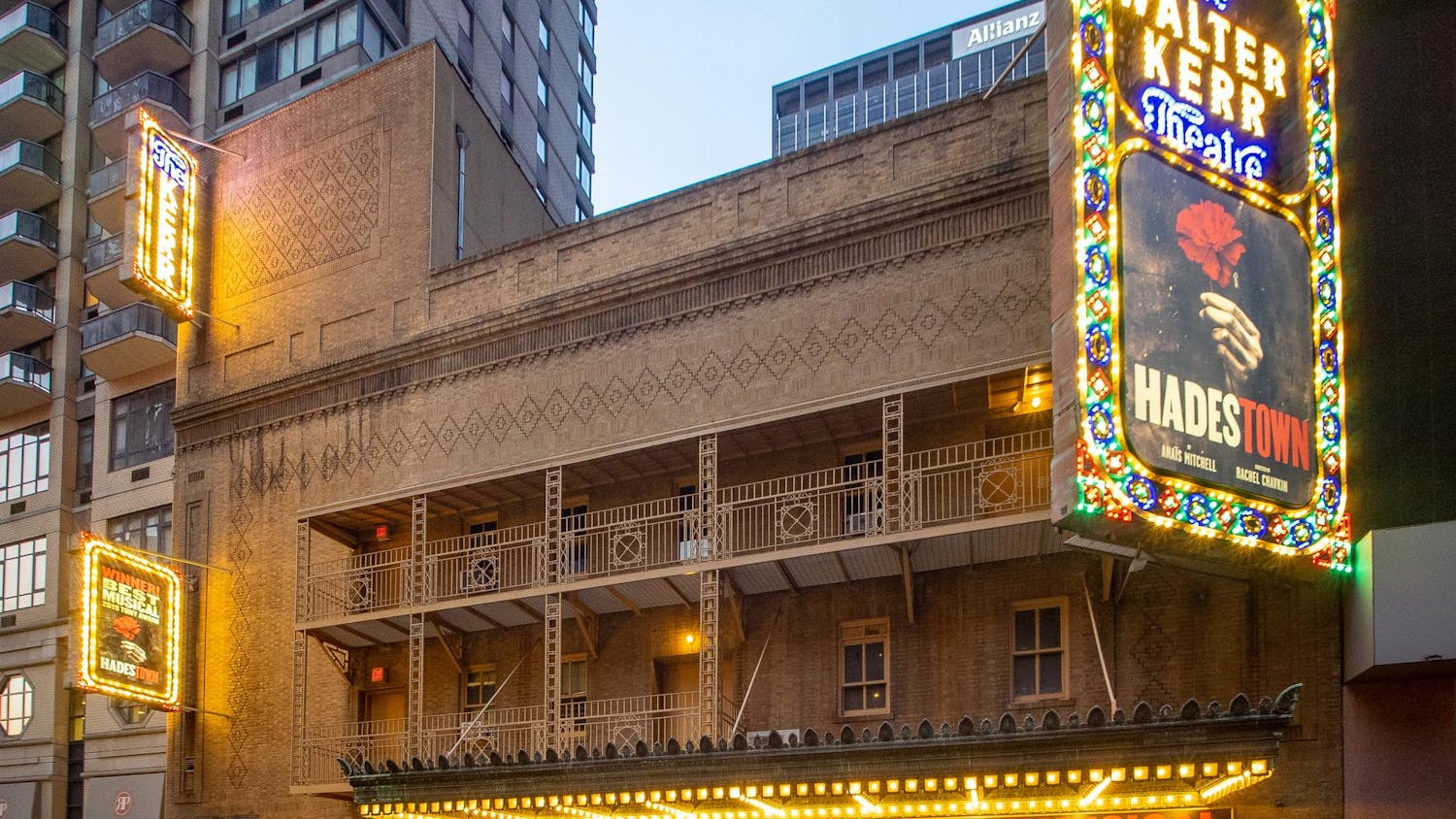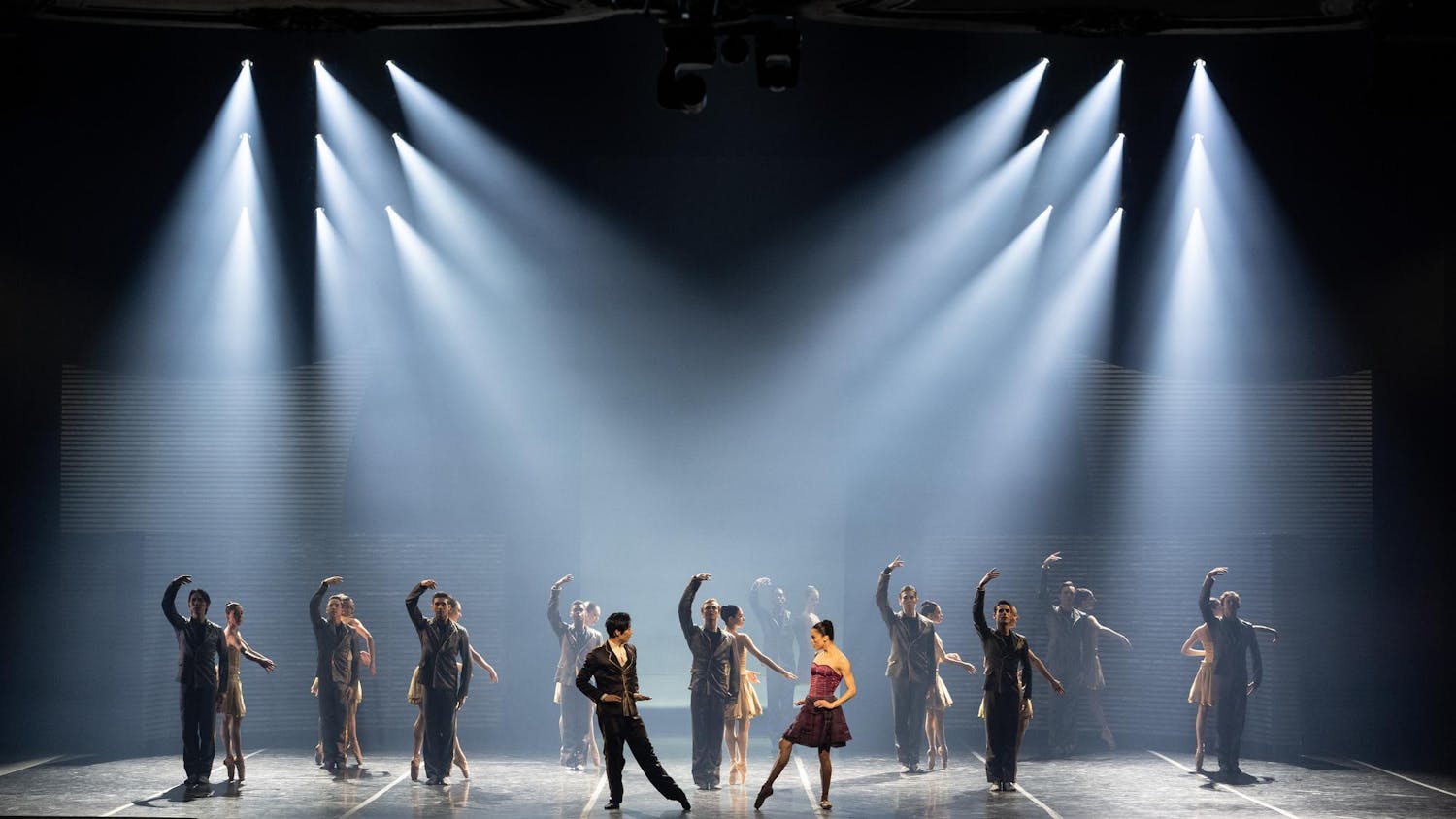The French have an incredibly rich filmic history — some may argue a richer one than the United States — yet many amazing modern French films are overshadowed by their black-and-white, cigarette-heavy, slow-moving '60s predecessors.
I am not going to sit here and deny the importance of films like "Breathless" (1960) and "The 400 Blows" (1959), both of which were trailblazers in the French New Wave movement and have individually inspired many of today's most prominent directors. But, to put it kindly, they just aren't my cup of tea.
If, like me, you were raised in an English-speaking country that put little emphasis on learning a foreign language, you may need to employ subtitles to enjoy watching a French film. Now, I'm not saying that reading subtitles is an unbearably difficult task, but if I'm going to watch a subtitled film, I want more than a supercut of shots of people smoking and women wearing berets. (I am aware that films like "Breathless" are the originators of many of the now-tired tropes we associate with French films, and that it wasn't cliché at the time, but I am still unable to enjoy these films without noticing them. Call me a philistine if you must.)
Which is why I want to suggest two great French films to those of you who share my aversion.
The first film (a Franco-Belgian co-production) is "Raw" (2016). Director Julia Ducournau's first feature film follows Justine, a 16-year-old lifelong vegetarian, as she begins veterinary school. After she is forced to try meat in a school-wide hazing tradition, her life seems to slip out of control (maybe the Eco-Reps are onto something with the whole Meatless Monday thing...). I don't want to spoil the film for the two of you who will go on to watch it after reading this column, but this coming-of-age film features a blur of cannibalism, murder and sisterly bonding, all within some incredibly beautiful and striking shots.
If you are looking for something that is not as heavy on the (artistically done) gore, I would steer you toward Catherine Breillat's "Fat Girl" (2001). Breillat's 86-minute masterpiece is a glimpse into the incredible nuances of a sister-sister relationship. The film focuses on the last few days of sisters Anaïs and Elena's family vacation in a sleepy French seaside town. It perfectly captures the sibling dynamic. Breillat's script tenderly depicts the girls despising each other one moment and loving each other in the next, as only adolescent sisters can. The film is filled with heartbreaking musings from the younger girl, as she tries to navigate the world in the shadow of her very different sister. Even if my amateur description sounds too sappy for you, I implore you to check out the film. There is a shift in tone around the the 80-minute mark that will leave you at a loss for words.
So with that, I hope some of you can go enjoy some French cinema in a way you previously may not have been able to, or at least re-think sending out those applications to veterinary schools.






